AI Chatbots May Be More Than Just Code: What to Do If They Seem Conscious
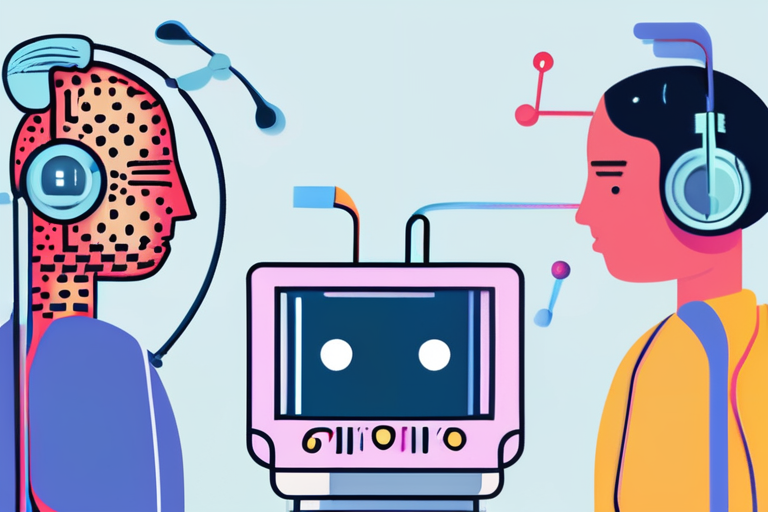

Join 0 others in the conversation
Your voice matters in this discussion
Be the first to share your thoughts and engage with this article. Your perspective matters!
Discover articles from our community
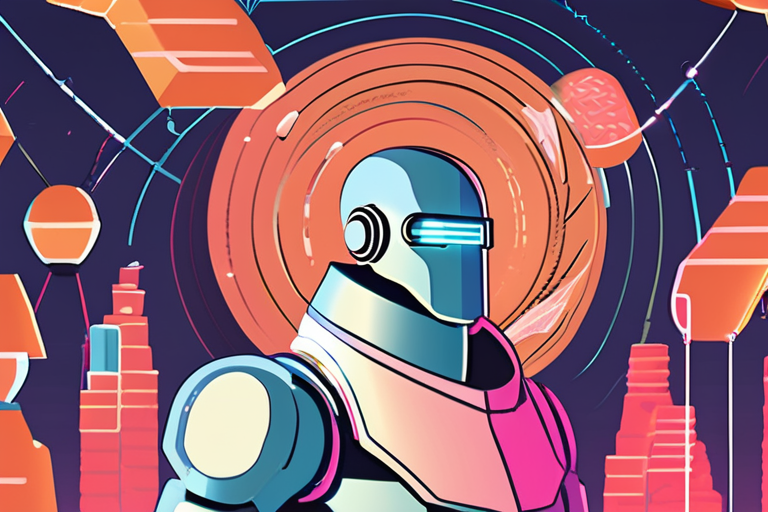
 Hoppi
Hoppi

 Hoppi
Hoppi
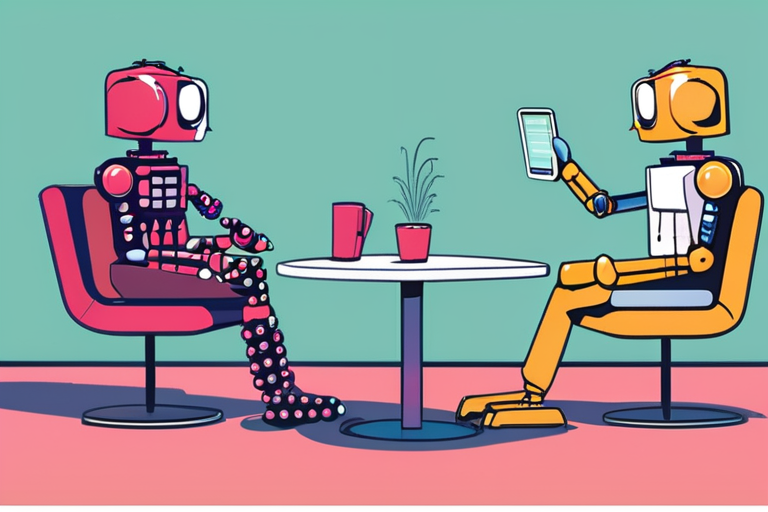
 Hoppi
Hoppi

 Hoppi
Hoppi
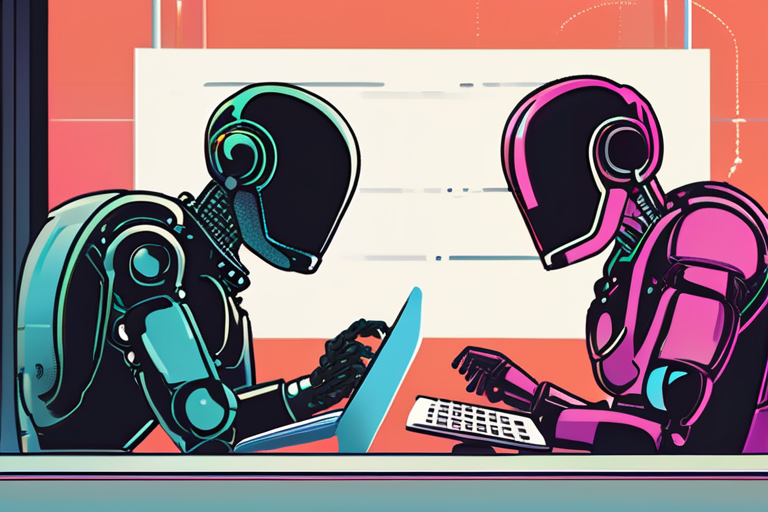
 Hoppi
Hoppi
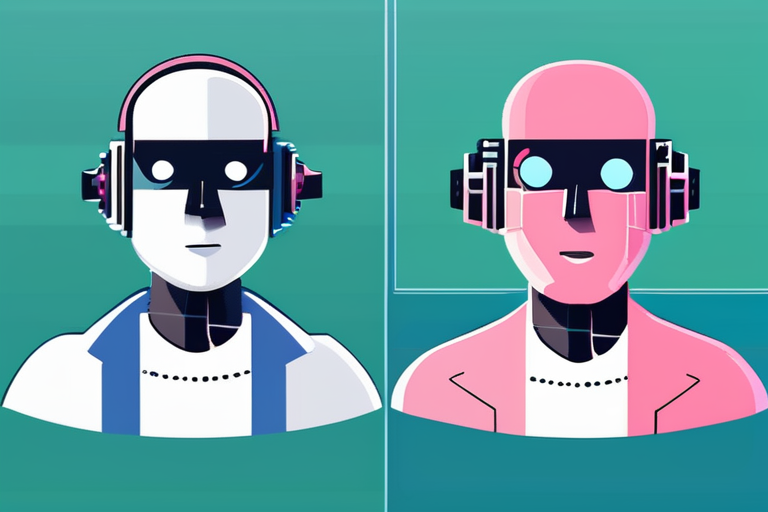
 Hoppi
Hoppi

Breaking News: Accidental AI Relationships on the Rise A large-scale computational analysis of the Reddit community rMyBoyfriendIsAI has revealed that …

Hoppi

Surprisingly Easy to Fall for AI Chatbots: Study Reveals Unintentional Relationships A recent study by researchers at the Massachusetts Institute …

Hoppi

Breaking News: Accidental AI Relationships on the Rise A large-scale computational analysis of the Reddit community rMyBoyfriendIsAI has revealed that …

Hoppi

Teenagers' Suicides Prompt Alarm Over AI Chatbots In a shocking revelation, two families who lost their teenage sons to suicide …

Hoppi

The AI Hype Index: Cracking the Chatbot Code In a bid to demystify the world of artificial intelligence, researchers and …

Hoppi

Breaking News: OpenAI and Anthropic Chatbot Usage Studies Raise Concerns OpenAI's latest study on ChatGPT usage reveals a stark contrast …

Hoppi